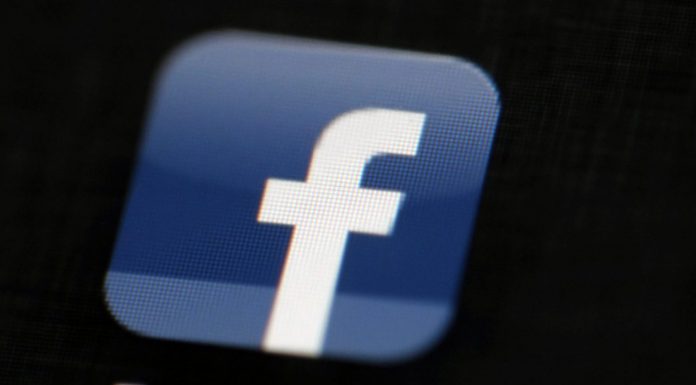(Jacob Bruns, Headline USA) Social Media as we know it may be over as Facebook moves towards a TikTok-like model, Axios reported.
No longer will the famous social network simply show you the posts of your friends—a model that founder Mark Zuckerberg perfected in 2004 from earlier prototypes like Friendster and MySpace after modifying a dating site he had developed for Harvard students.
“Under the social network model, which piggybacked on the rise of smartphones to mold billions of users’ digital experiences, keeping up with your friends’ posts served as the hub for everything you might aim to do online,” wrote Axios.
“Now Facebook wants to shape your online life around the algorithmically-sorted preferences of millions of strangers around the globe,” it added.
As in the past, the new algorithm is intended to hold the user’s attention for as long as possible by pulling up the most relevant conent, which is designed to addict users to the platform and get them to spend as much time as possible online.
Unlike the platform’s earlier content, though, the new site will pull from a global pool of relevant content—a model it calls the “discovery engine”—rather than an individual’s immediate network of friends, family and acquaintances.
While Facebook may be banking on recapturing its youth appeal among an audience that largely associates the nearly 20-year-old brand with parents and grandparents, it also risks alienating a core base of users who are reluctant to adapt and who rely on the social network exclusively for maintaining human relationships.
All the same, the company’s longterm viability may rest on its ability to adapt to changing paradigms and market demands.
Though changes are expected to take place later this year, Facebook will continue to supply access to the old model via a tab on the new page.
The changes come alongside the creation of a planned Metaverse, which will of course require the funding supplied by the new changes.
Zuckerberg, the Meta Platforms CEO, claimed earlier this year that he believes humans will soon live in the metaverse, an artificial world that will mimic real-world interactions and sensations.
“A lot of people think that the metaverse is about a place, but one definition of this is it’s about a time when basically immersive digital worlds become the primary way that we live our lives and spend our time,” he said. “I think that’s a reasonable construct.”
Of course Zuckerberg is not wrong. People already spend huge parts of their lives on digital technology, so what’s to stop them from indulgence in something like Zuckerberg’s new world?

